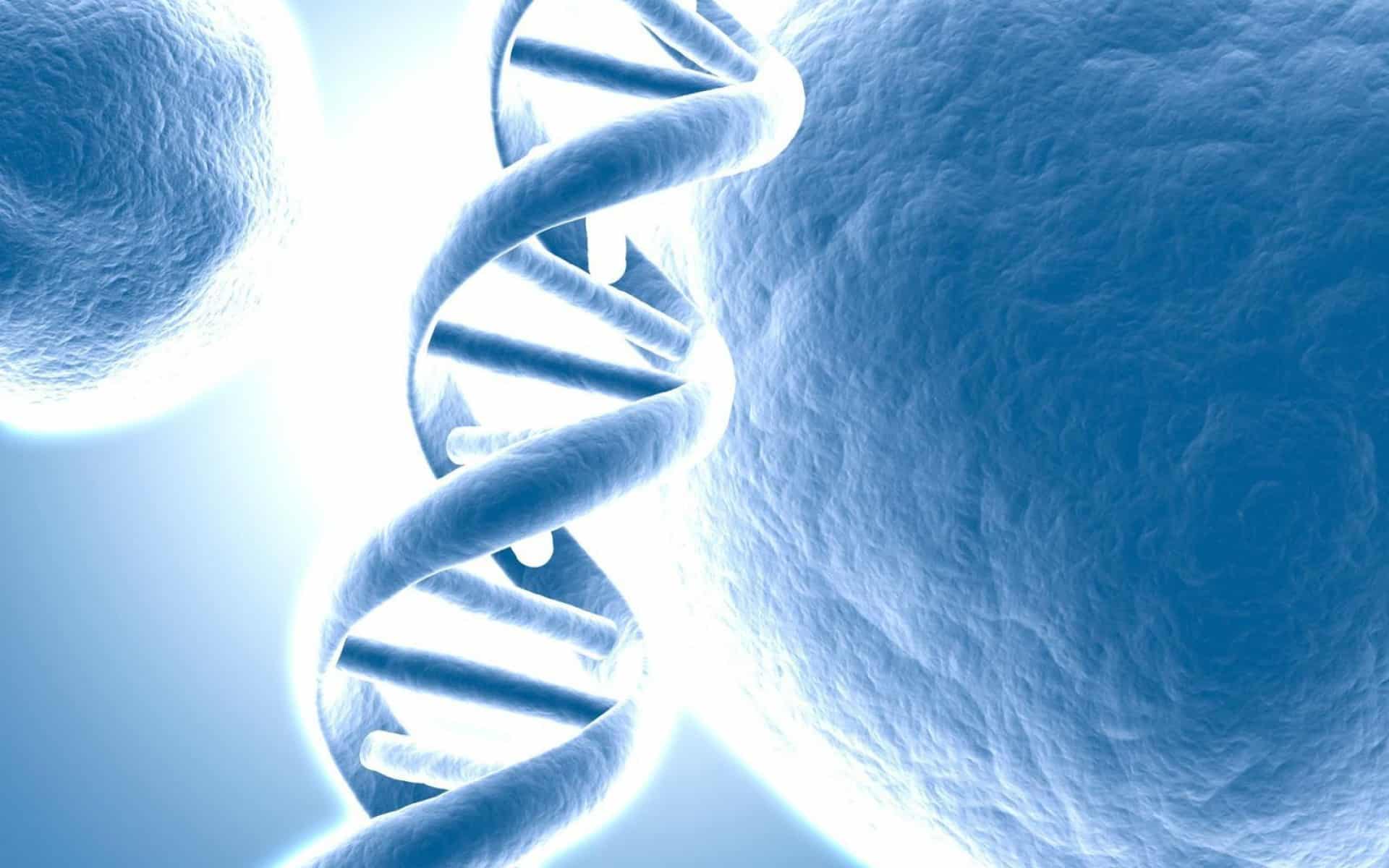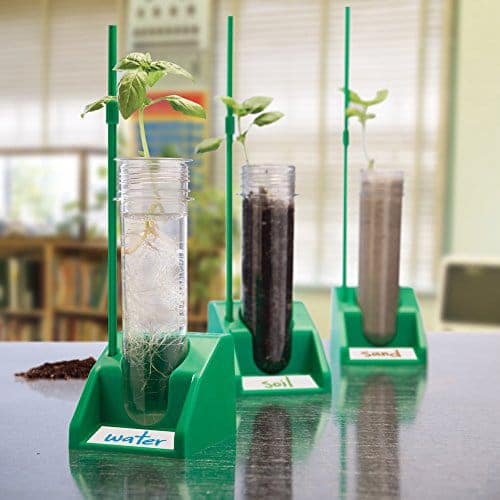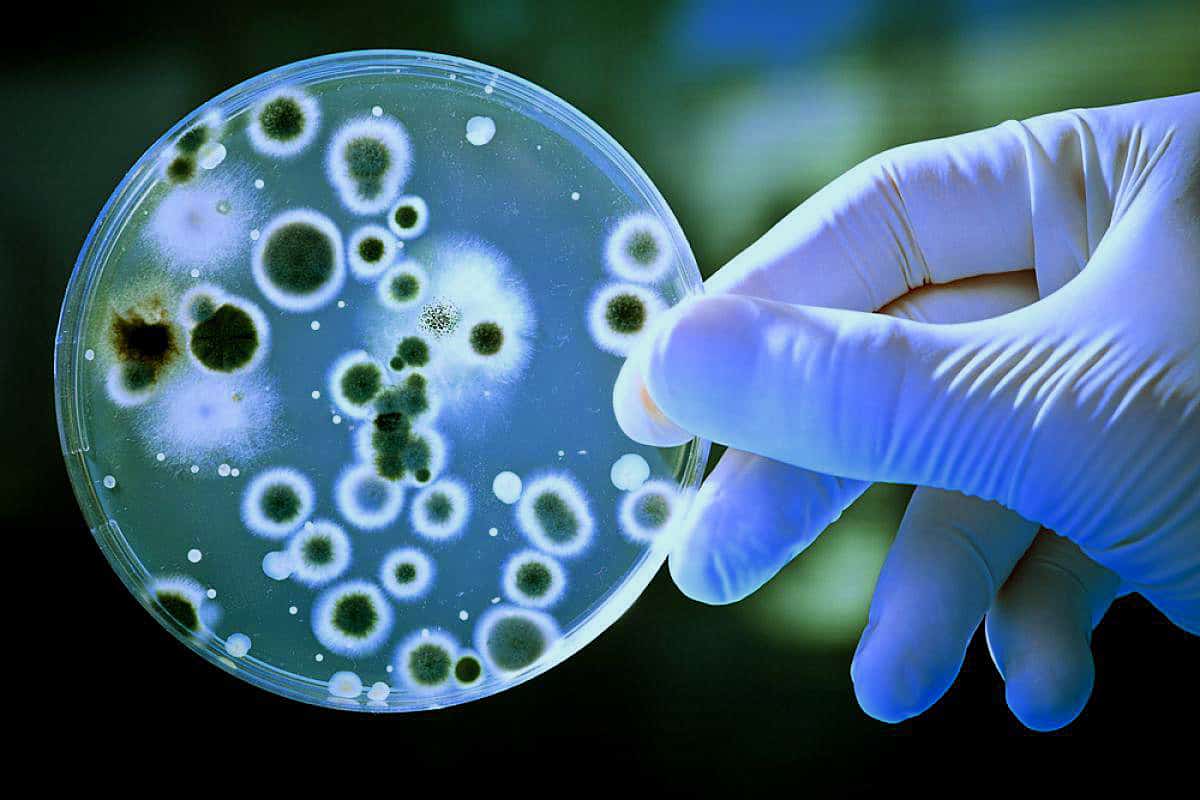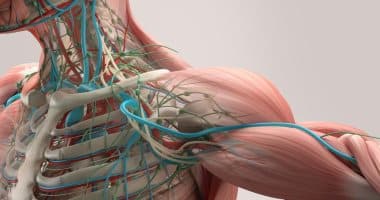Department of Genetic Engineering
The Department of Genetic Engineering is considered one of the main departments in the Biotechnology Centre. The department contains no less than 50 qualified researchers of medical, biomedical, biotechnology, medical technology, pharmacy, dentistry and science backgrounds. The department has cooperative projects with universities and different local and international organizations.
The department has three research units:
- Genetic Epidemiology Unit.
- Microbial Genetic Unit.
- Gene Processing and Genomics Unit.
Vision:
Achieve significant progress in the generation of new knowledge and understanding by using the latest technology in genetic engineering and conducting high-quality research on various diseases that affect Libyans.
Contribute to discoveries with concrete impacts on health and assimilate research in the formulation of medical policies and practices.
Message:
- Develop the research staff to become independent researchers.
- Develop methods and new technologies in genetic engineering.
- Combat disease that effect Libyans.
Objectives:
- Train all technicians and researchers in the department to be equipped with all used techniques in genetic engineering.
- Active participation in international conferences and annual publications in journals with high impact factor.
- Completion of priority projects that involve:
- Study of genetic changes in BRCA1 and BRCA2 genes and other genetic changes in breast cancer.
- Study the multiplicity of genetic forms of Mediterranean fever in Libya.
- Study of chronic gingivitis associated with multiple genetic form.
- Study genetic diversity in diabetes in Libya.
- Study the multiplicity of thiopurine S-methyl transferase gene in Libyan children with leukemia.

Scientific Department of Plant Tissue
Vision:
We look forward to using modern technologies to increase the agricultural area and a clean environment for sustainable development.
Message:
We seek to exploit our expertise in conducting advanced scientific research using biotechnologies to contribute to finding solutions to increase agricultural production.
Introduction:
Biotechnology in the agricultural field is one of the important activities that particularly effect humans and the surroundings of the soil and agriculture in general. Plant tissue cultivation is one of the most important biotechnological activities in which plant cells are developed on a sustainable nutritional environment under sterile conditions.
Many researchers in the world have been interested in this technology in the last 30 years and numerous academic research has been conducted which has led to the knowledge of how to distinguish, detect and form organs or segments of plants separated and based on industrial environment, also attention to plants that are experiencing real extinction in our country and the reproduction of new plants. In addition to working on improving agricultural crop using biotechnology and using bio-fertilizers technology and the identification of genetically modified crops.
Plant cells and tissue culture technology has become a modern and useful method in the field of agriculture and this method has emerged of the research department into practices and from the narrow space to the broader horizon, the business are.
Objectives:
- Research into the precise proliferation of plants for the production of disease-free plants, especially the viral ones in a limited space. All year round.
- Genetically enhanced breed development that endures environmental stress using biotechnology and radiation technology for economic crops and fruit trees.
- Accurate proliferation of endangered plants to conserve biodiversity.
- Conducting molecular research to identify the characteristics of certain genes for use in improving the economic characteristics of crops.
- Study the genetic variation of crops and trees for Libyan plants and varieties.
- Study the reproduction of various medical and aromatic plants in a laboratory to provide vegetable fabric the length of the year with the objective of obtaining more effective substances and pure condition than extracting such substances from plants.
- Create a partnership with international scientific institutions and centres to benefit from their expertise in achieving our goals and creating prospects for communication with these institutions to transfer modern technology in this field.
- Organizing training courses and workshops for local elements to upgrade their technical and scientific capabilities in this area.
- Identify genetically modified food.
- Preservation of Laboratory genetic assets and seed of Libyan varieties and wild plants at a bank.
Laboratory facilities:
Integrated plant tissue laboratory from planter room containing insulation cabins that complete cultivation, and a room with all the essentials needed to prepare the lunch circle and the luminous room of the region plants and follow the development of the growth of its histological activity.
Laboratory of molecular experiments that contains all the necessary equipment from the chain reaction device of polymerization enzyme PCR also the Centrifuge, Electrical relay and scientific expertise to carry out finger research on genetic fingerprints and other molecular studies.
The departments activities:
As part of the department’s activities, attention is paid to te exact proliferation of economic and endangered plants which is difficult to replicate in traditional ways for several environmental and vital reasons, such as, capparis spinose, wind tree, bologna, shammari, neem and histological experiments on potato crops and barley. Some plants are developing in the laboratory for capparis spinose, which is one of the important and threatened medical plants of extinction in Libya.
The department is also active in the proliferation of ornamental plants that contribute to the economic recovery of greenhouses and dispensing with the imports of these plants that bring all the contaminants accompanying them , which cause the transmission of several diseases from the country of origin to our country.
Among the outstanding national projects is the project to extract mutations of barley crop using radiation technology and biotechnology to resist drought conditions with the support of (IAEA-RAF 5082).
Scientific and practical supervision and teaching of some curricular for bachelor’s and master’s students of the university of Tripoli, Al-Mirgab and Jafara and the Libyan Academy and set up some specialized training courses in plant biotechnology for researchers from other scientific institutions. In addition to contributing in organizing scientific conferences and seminars.

Scientific Department of Microbiology
Introduction:
The department’s interest is in conducting research and studies in the field of biotechnologies for humans, animals and plants’ pathogenic microorganisms or that caused some environmental problems, it’s also interested in studies and research on the beneficial ones, such studies are:
- The study of the presence of some types of pathogenic bacteria in food, water, environment and other samples.
- The study of the impact of extracts of certain medical plants on the development of some types pf pathogenic bacteria.
- The isolation and definition of certain types of bacteria and fungi causing corruption in food and try to find modern ways to minimize the losses they cause.
- The isolation and definition of certain types of beneficial bacteria and fungi from soil and study their effectiveness in biological control of agricultural pests and attempt to exploit them in the manufacture of fertilizers and bio pesticides.
- The isolation and definition of certain types of bacteria and fungi and try to reproduce them for the purpose of utilizing them in some food and other industries.
Objectives:
The department aims to be a leader in biotechnology related to microorganisms and to contribute effectively to the solution of certain health, environmental and industrial problems in Libya in particular and in the service of humanity generally, and to achieve that the department works on sustainable development in its performance, thus the quality of the results of the analysis carried out for the benefit of public and private authorities by enabling researchers to keep up with the scientific and technical developments, also equipping plants with hardware and equipment and applying the latest international standards in the field of quality management and methods of analysis.
Laboratory facilities:
The department currently has a group of research labs that were equipped and some dedicated to bacterial research and others to fungal research, and the department will develop and equip laboratories for virus and parasitic research.
The department’s human resources:
The department has 51 researchers, mostly Libyan university graduates, some of whom have been trained inside and outside of the Centre in the last couple of years, and others are trained according to the needs of the department and according to the Centre’s training plan. There are currently 38 researchers and the rest are delegated for training or higher study.
According to the Centre’s policies the department opens its doors to collaborate from outside the Centre ( researchers or students) to conduct their research within the department’s laboratories after submitting their research proposal and approving them by the scientific committee of the Centre

Scientific Department of Human Cells and Tissues
The most important activities of the department are centered on research of human and animal cells and tissues, and study the changes that occur to cells as result of their treatment or simulation with certain materials whose effectiveness is to detected; as the department provides this environment for researchers which is considered as the basis to experiment on humans and animals.
Vision and objectives:
- The Department of Cells and Human Tissues research aims to focus on new research in the field of biotechnology.
- Transfer of cells research to a new phase which is the study of internal changes of cells or otherwise known as cell signaling.
- Early detection of certain genetic disease using advanced techniques ,such as, Karyotyping and Microarray.
- Develop assisted treatments from natural sources for some incurable diseases ,such as, cancer and study the working mechanisms of these compounds in a laboratory (in vitro).
- Cooperate with other departments from inside and outside of the Centre, where we have the necessary expertise and also scientific and practical supervision of university students in the completion of their research projects.
Fields of Research:
- Cancer Research: by studying the impact of certain drugs of chemical and natural origin extracted from local medical plants and test it in the laboratory on cancer cells.
- Toxicity Testing: by testing some substances to know whether or not they are toxic to body tissues.
- Study cell vitality, tissue and interactions with the surrounding environment and also some researches related to the immune system.
- Study of genetic changes of cells after the collection of genetic material DNA by chain reaction device for polymerization enzyme.
Scientific Capabilities:
With the support of the Centre’s administration, the cell and tissue research labs, at the new headquarters in Fornaj, has been equipped, where the department has all that can help in conducting research on cell and tissue research, which are:
- Enzymatic Binding Measuring Device or ELISA.
- Safety Cabinet.
- Cell Detection Microscope or Inverted Microscope.
- Optical Absorption Ratio Measuring Device or Spectrophotometer.
- Genetic Change Study Device or Polymerase Chain Reaction PCR.
- Flow cytometry Device which is considered a qualitative addition to the Centre.
- Freezer-96.
Also some modern hardware has been provided for the establishment of a new unit in the department, which is mechanical pathology unit including:
- Different micrometer weaving cutting devices- Microtome.
- Staining proceeding unit.
- Immune tissue reaction diagnostic device- Immunohistochemistry.

Food & Biotechnology
The Scientific Department of Environment, Food & Biotechnology is consederd one of the pivotal departments in the Centre, which includes a selection of highly qualified researchers and specialists in the fields of environment, water, chemistry and other various specializations.
The department’s new structure includes five research groups:
- Environment Biotechnology Group.
- Water Biotechnology Group.
- Marine Biotechnology Group.
- Recycle Biotechnology Group.
- Food Biotechnology Group.
All of these research groups have one vision which is for the department to be a regional resource and a vital point of contact for studies, research and consulting in the field of environment, food and vital applications, and find solutions to environmental and pollution problems for sustainable development. The department aims to continue the research march of the members of the department and increase its effectiveness through the development of scientific research related to the fields of environment, food and vital applications, and work on recruiting the necessary support for the department to carry out scientific research and serve the community.
One of the research topics that attracts the interest of the department’s academic and research staff is:
- Using biotechnologies in environmental protection and wastewater treatment.
- Detection and identification of genetically modified and halal foods.
- Conducting applied research related to biotechnologies application in water purification.
- Using advanced techniques such as, nanotechnology in water purification.
- Using biotechnology in recycling organic and industrial waste which serves sustainable development.
- Using biotechnology in marine pollution identification and treatment.
The department carries out many analysis using devices with advanced technologies, such as:
- Gas Chromatography (GD).
- High performance Liquid Chromatography (HPLC).
- Fourier- Transfer infrared Spectroscopy (FT-IR).
Ultraviolet Spectroscopy

